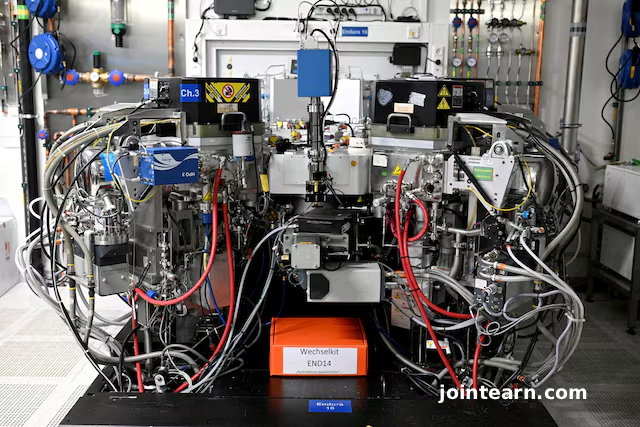
China Grants Export Exemptions for Nexperia Chips
China has announced exemptions to its export controls on Nexperia chips for civilian applications, signaling a major relief for the global automotive industry. The move comes after the Dutch government seized control of Nexperia, a key manufacturer of basic chips used in automotive electrical systems, citing concerns that the company’s Chinese parent, Wingtech, planned to relocate European production to China.
The announcement by China’s Commerce Ministry on November 9, 2025, marks the strongest signal yet from Beijing that it intends to ease supply pressures on carmakers and automotive suppliers facing shortages caused by earlier export curbs.
Impact on Global Automakers
Several European and Japanese companies have already reported that deliveries of Nexperia’s Chinese-made chips have resumed following the exemption announcement:
- Volkswagen indicated that the first chip shipments have been received, allowing production lines in China and Europe to cautiously resume operations.
- Nissan Motor Co. also confirmed that chip deliveries are gradually returning, helping to stabilize operations at affected production sites.
The exemptions are expected to relieve pressure on automotive supply chains that have been strained since the Dutch seizure of Nexperia on September 30, 2025.
Background: Nexperia Ownership Dispute
Nexperia, based in the Netherlands but owned by Wingtech, produces billions of basic semiconductor chips widely used in cars and electronic devices. The Dutch government intervened after concerns emerged that Wingtech might transfer European production to China, potentially threatening European economic security.
In response, China initially cut off exports of Nexperia’s finished chips, most of which are packaged in China. The recent exemptions follow a meeting between U.S. President Donald Trump and Chinese President Xi Jinping on October 30, after which China announced it would begin accepting applications for special export permits.
Geopolitical and Trade Implications
While the exemptions provide short-term relief for the automotive sector, bilateral tensions between China and the Netherlands—and by extension the EU—are likely to persist until the ownership and operational disputes over Nexperia are fully resolved.
China’s Commerce Ministry emphasized that it is committed to protecting global chip supply chains, criticizing the Netherlands for failing to address the dispute effectively. The ministry also urged the EU to leverage its influence to press the Dutch government to reverse its seizure of Nexperia, calling the action “erroneous” and harmful to European economic stability.
Significance for the Automotive Supply Chain
The Nexperia exemption has immediate implications for global automakers facing semiconductor shortages, a challenge that has plagued the industry for years. Automotive production—already affected in Europe, Japan, and North America—relies heavily on the timely delivery of chips like those produced by Nexperia.
Shortages had forced companies such as Volkswagen, Nissan, and other major automakers to adjust production schedules, suspend operations at certain plants, and delay vehicle deliveries. With the new exemptions, companies are cautiously optimistic about stabilizing production and meeting near-term manufacturing targets.
Looking Ahead
Despite the relief provided by China’s exemptions, the broader EU-China-Netherlands dispute over Nexperia ownership remains unresolved. Analysts suggest that while the exemptions mitigate immediate risks, companies and governments must closely monitor developments to prevent future disruptions in the semiconductor supply chain, which remains critical to the global automotive and electronics industries.


Leave a Reply